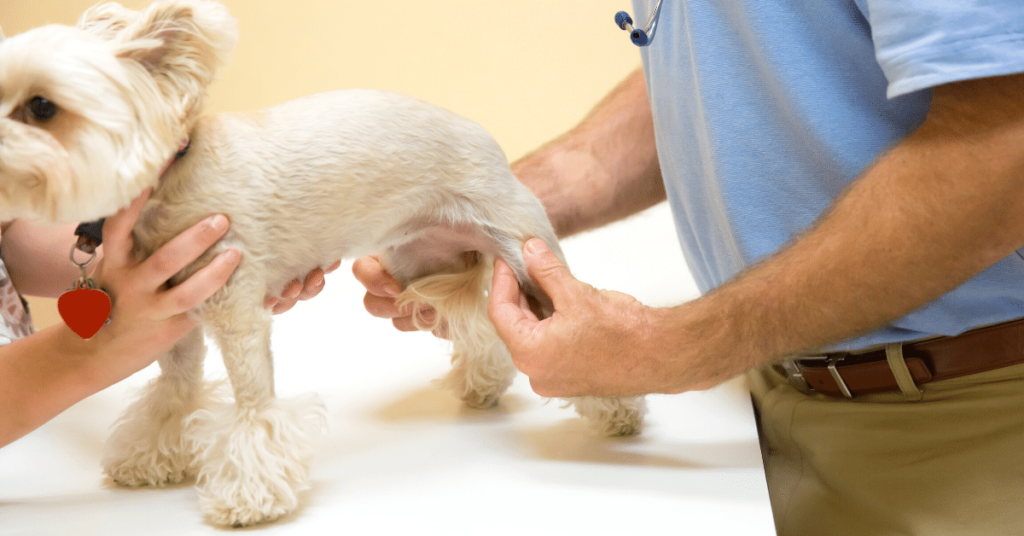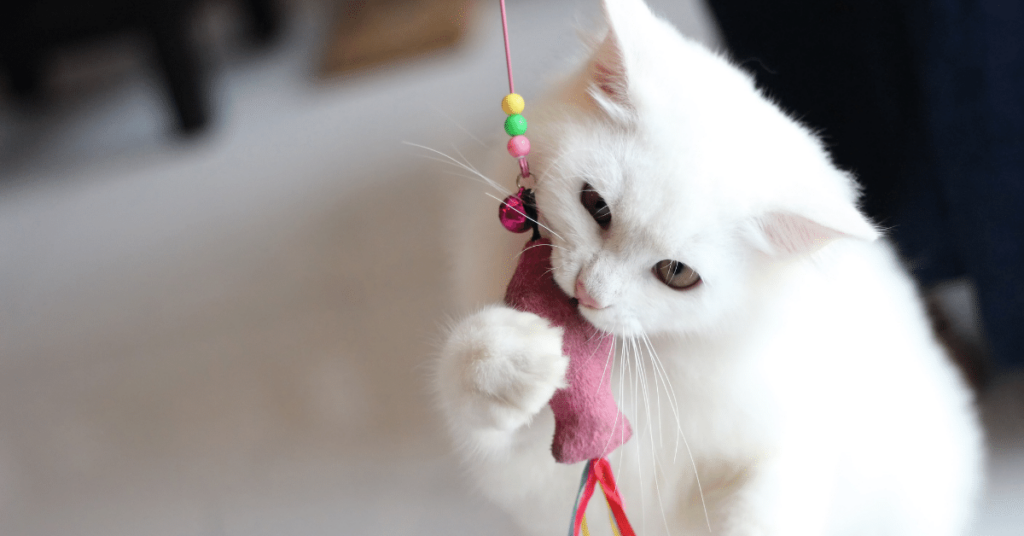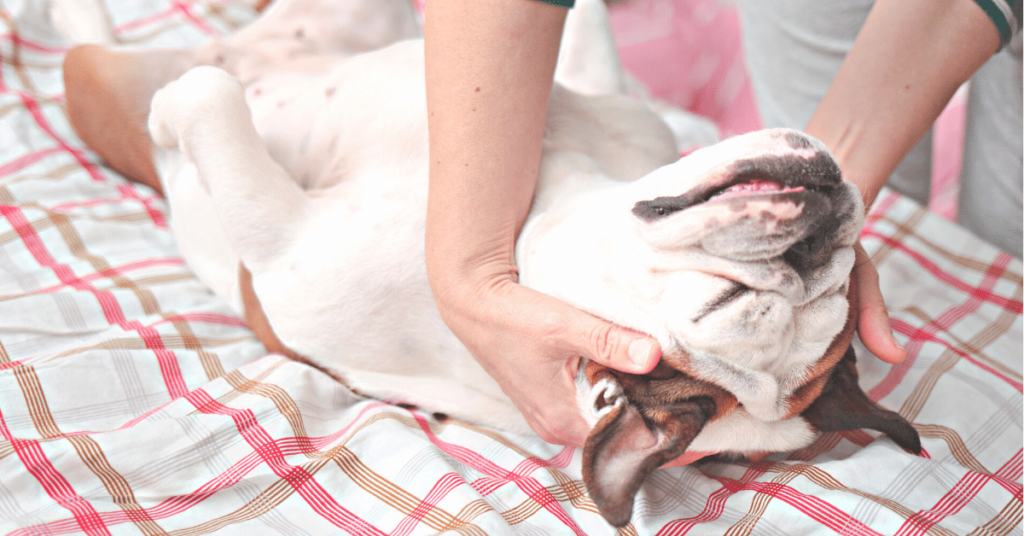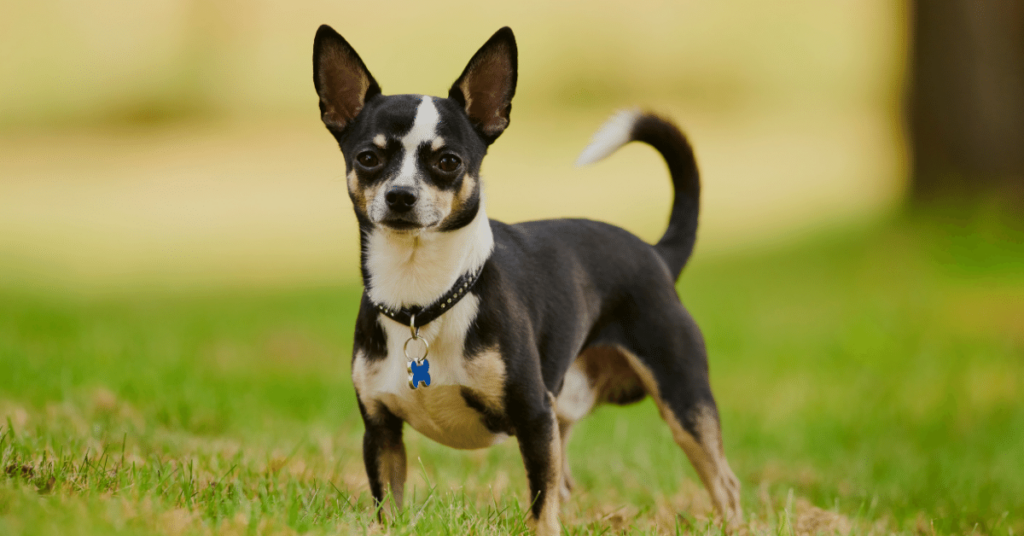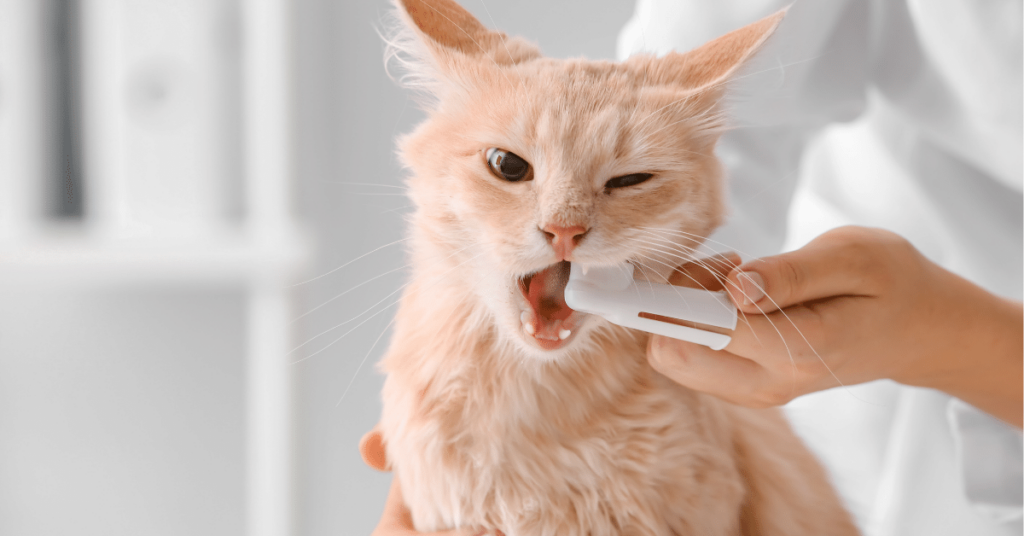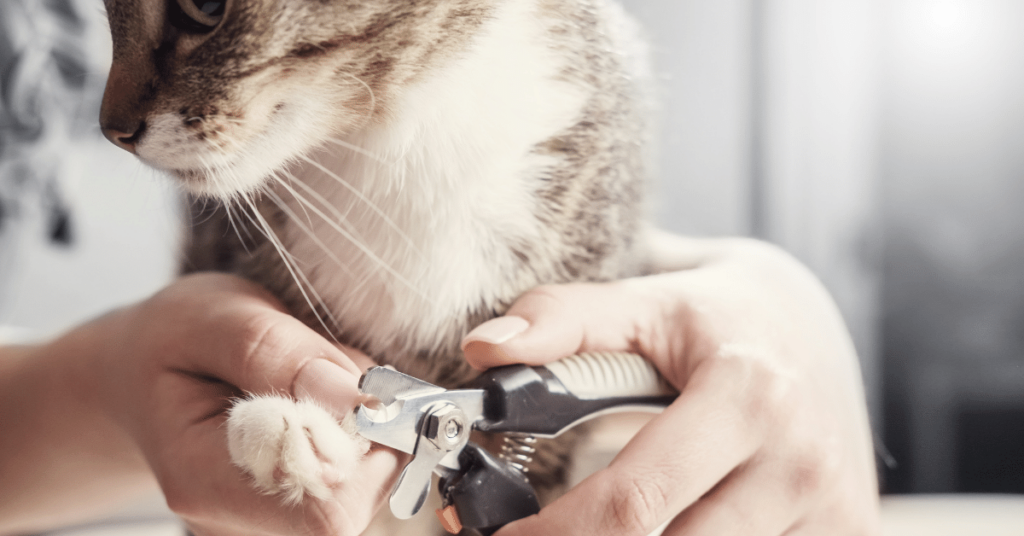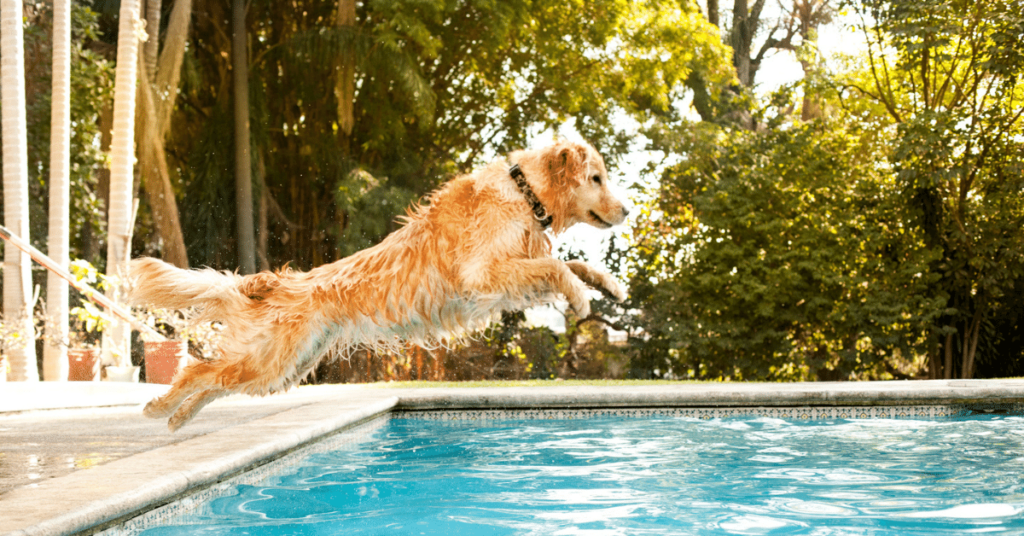Our furry companions bring joy, comfort, and unconditional love into our lives. Whether you have a sprightly pup or a senior cat, ensuring their joint health is crucial for their overall well-being. Just like us, pets can experience joint problems that affect their mobility and quality of life. In this comprehensive guide, we’ll explore tips and strategies for promoting healthy joints in your pets, regardless of their age or breed.
Understanding the Importance of Joint Health
Before diving into the tips, let’s grasp the significance of maintaining healthy joints in our beloved pets. Joints are where two or more bones meet and are crucial for movement. In pets, as in humans, joint health directly impacts their ability to run, jump, play, and simply enjoy life. Common joint issues in pets include osteoarthritis, hip dysplasia, and ligament injuries.
When joints start to deteriorate, your furry friend may show signs of discomfort, such as limping, reluctance to move, or even aggression due to pain. To prevent these issues and maintain your pet’s quality of life, it’s essential to take proactive steps in promoting joint health.
Tips for Promoting Healthy Joints
1. Balanced Diet
Proper nutrition plays a pivotal role in maintaining healthy joints in pets. Ensure your pet’s diet contains essential nutrients like glucosamine and chondroitin, which support joint health. High-quality pet foods formulated for joint care are readily available in the market. Consult your veterinarian to determine the best dietary plan for your pet’s specific needs.
2. Weight Management
Excess weight can put undue stress on your pet’s joints, leading to joint problems over time. Keep your pet at a healthy weight through a well-balanced diet and regular exercise. If your pet is already overweight, consult your vet for a weight management plan tailored to their needs.
3. Regular Exercise
Physical activity is essential for maintaining joint health and overall mobility. Engage in regular playtime with your pet and take them for walks or runs to keep their joints moving. The type and amount of exercise may vary depending on your pet’s age and breed, so consult your vet for personalized recommendations.
4. Joint Supplements
Incorporate joint supplements into your pet’s daily routine, especially as they age. These supplements can help prevent joint deterioration and alleviate existing joint issues. Consult your veterinarian for the right supplements and dosages for your pet.
5. Warm-Up and Cool-Down
Before engaging in vigorous physical activity or exercise, warm up your pet’s muscles and joints with gentle stretching and walking. Afterward, allow them to cool down gradually to prevent any strain or injury.
6. Comfortable Sleeping Arrangements
Provide your pet with a comfortable bed or cushioned surface to sleep on. Proper bedding can help reduce pressure on their joints, especially for larger dogs or those with joint issues.
7. Regular Vet Check-Ups
Routine veterinary check-ups are essential for monitoring your pet’s joint health. Your vet can detect early signs of joint problems and provide guidance on preventive measures and treatment options.
8. Orthopedic Support
For pets with existing joint issues, consider using orthopedic aids like joint braces or support wraps. These can help alleviate pain and provide additional stability during physical activities.
9. Hydrotherapy
Hydrotherapy, such as swimming, can be highly beneficial for pets with joint problems. The buoyancy of water reduces the impact on joints while allowing for effective exercise. Consult your veterinarian to see if hydrotherapy is suitable for your pet.
10. Pain Management
If your pet is suffering from joint pain, consult your vet for appropriate pain management options. They may recommend medications or therapies to relieve discomfort and improve your pet’s mobility.
11. Mental Stimulation
Engage your pet in mentally stimulating activities like puzzle toys or interactive games. Mental exercise can help keep their spirits high and prevent them from becoming too sedentary.
Conclusion
In conclusion, promoting healthy joints in pets is a crucial aspect of responsible pet ownership. By following these tips, you can enhance your furry friend’s quality of life and ensure they enjoy their golden years to the fullest. Remember that each pet is unique, and it’s essential to consult with your veterinarian to develop a customized plan for maintaining their joint health.
Taking a proactive approach to joint health through proper nutrition, weight management, exercise, and regular vet check-ups can make a significant difference in your pet’s overall well-being. Start implementing these tips today, and your pet will thank you with many years of joyful companionship. Together, we can ensure that our pets lead happy, active, and pain-free lives.
So, let’s prioritize our pets’ joint health and keep them moving happily through all stages of their lives. Your pet’s joints are the key to their mobility and vitality, so take good care of them, and your furry friend will continue to bring boundless love and joy into your life.

